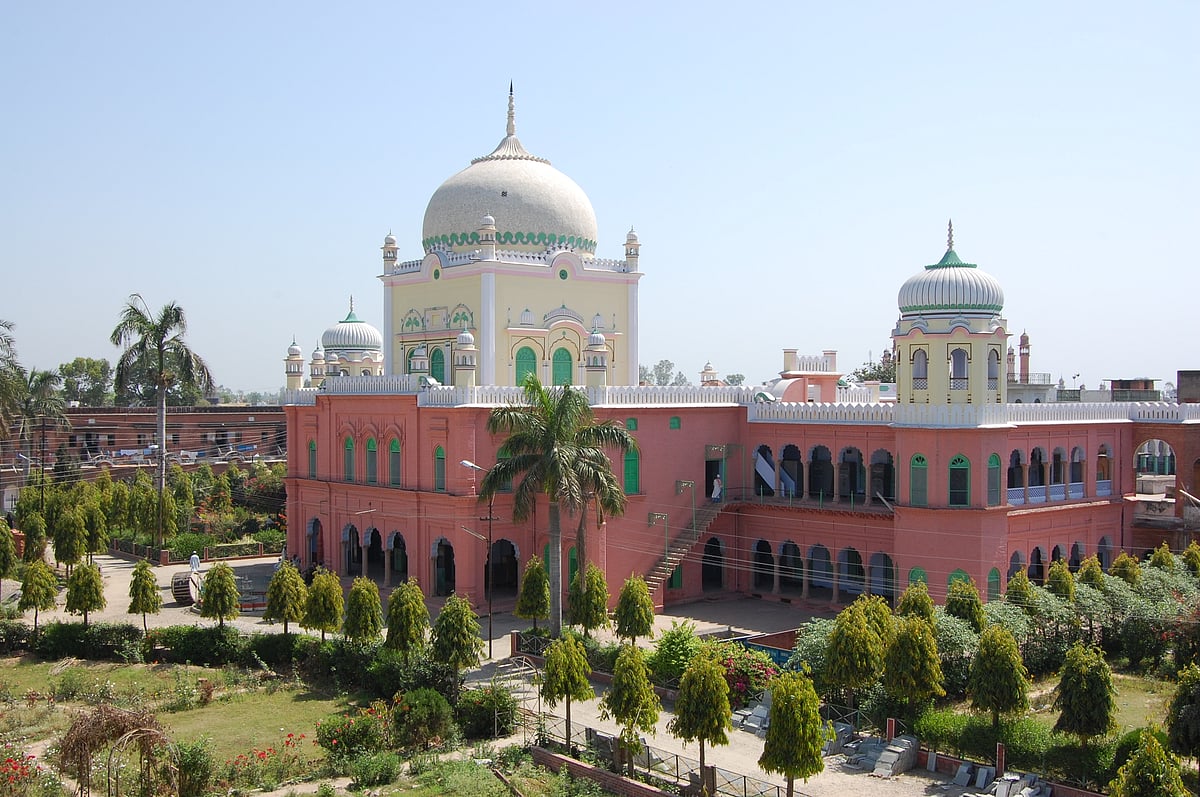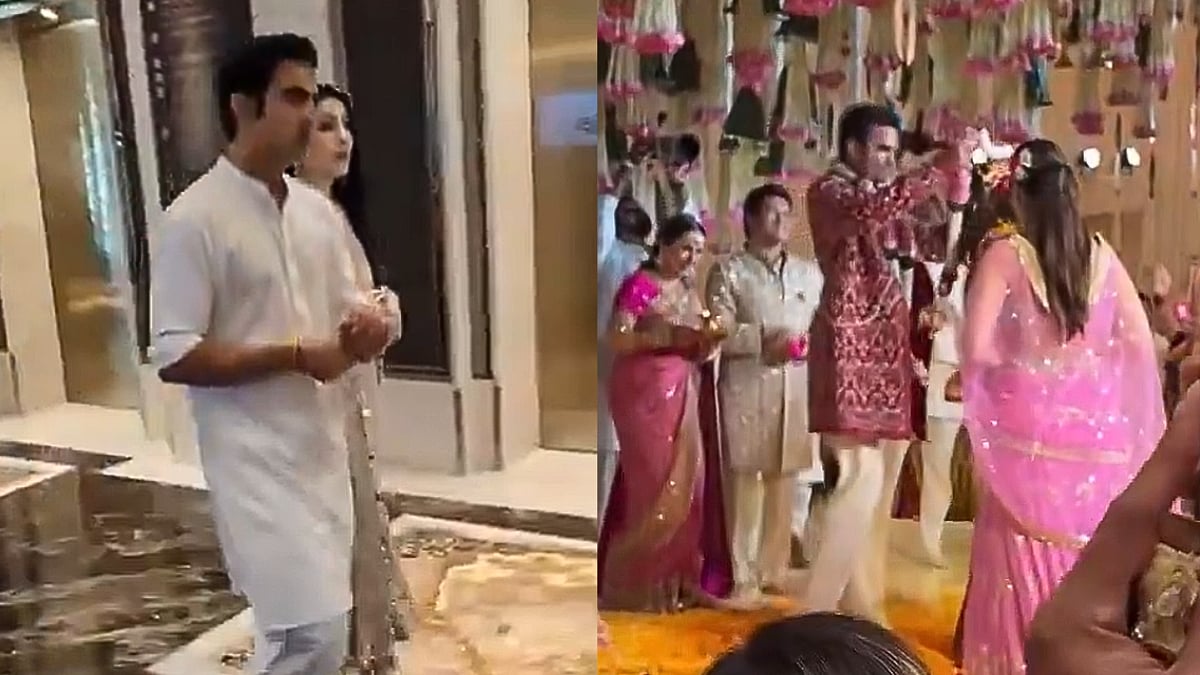Saharanpur (UP): 'Ulemas' (body of Muslim scholars) at Deoband, which is home to one of the largest Islamic seminaries in the country, have questioned Uttar Pradesh government's recent decision of not giving grants to new madrasas in the state.
Maulana Qari Ishaq Gora, patron of Jamiat Dewat-ul Muslameen, an organisation involved in religious teachings, said, "The government must make it clear why it has taken this decision."
Gora asked if the government did not have the budget or if such a decision only applied to madrasas.
Another Deoband-based cleric, Maulana Asad Qasmi, said, "Now, the government has decided that new madrasas will not get grants, but the reason for this decision has not been given."
He added that the government should build schools and colleges in Muslim-dominated areas.
He also said nearly 75 per cent of Muslim children study in schools and 25 per cent in madrasas for which Muslim community gives donations.
"We don't need government grants but this decision reflects their thinking," Qasmi added.
According to government data, of the 16,461 madrasas in the state, only 558 received the grants.
On May 18, Uttar Pradesh Minister of State for Minority Welfare, Danish Azad Ansari had said the madrasas currently receiving government grants will continue to get it, but no new beneficiary will be included in the list.
Deobandi is a revivalist movement within Sunni Islam, adhering to the Hanafi school of law, formed in the late 19th century around the Darul Uloom Madrassa in Deoband, India, from which the name derives, by Muhammad Qasim Nanautavi, Rashid Ahmad Gangohi, and several others, after the Indian Rebellion of 1857–58.
The movement pioneered education in religious sciences through the Dars-i-Nizami associated with the Lucknow-based ulema of Firangi Mahal with the goal of preserving Islamic teachings under colonial rule.
The Deobandi movement's political wing, Jamiat Ulema-e-Hind, was founded in 1919 and played a major role in the Indian independence movement through its propagation of the doctrine of composite nationalism.
The Deobandi Movement in India is controlled by the Darul Uloom Deoband and the Jamiat Ulema-e-Hind. About 15% of Indian Muslims identify as Deobandi.
The Deobandis form the dominant group among Indian Muslims due to their access to state resources and representation in Muslim bodies.
(with inputs from IANS)





